Navigating the Sea of Self-Publishing
Good Morning! Today's guest post is brought to you by Janice Wood Wetzel
Whether or not you initially went the route of searching for an agent or publisher, your decision to self-publish is not a second rate choice. Neither is it less time consuming, less expensive or less demanding. It may in fact turn out to be just the opposite. The tasks that publishers generally assume are now yours. It does, however, provide a freedom not common in the publishing world, and there is no longer a stigma associated with it. You will need to decide if you have the financial wherewithal and the time to devote to your project.
Of course, you could just type your manuscript, give it a once over, then go to your nearest photocopy store and put a spiral binder on it. Voila, a do-it-yourself inexpensive product. My advice though, if at all financially feasible, is to go the professional quality route. You will be glad you made the investment. This article is designed to provide a blueprint for your journey.
No manuscript should be published in any form without a professional editor. There are four different skills to be considered. Developmental consulting provides assistance in organizing and presenting your work cohesively; line editing is at the sentence and paragraph level; and copyediting corrects spelling, punctuation and grammar. Fact checking is equally essential. If you don’t know someone to refer you to a reputable person, find two or three possibilities online. Read reviews about their work, and plan to call and interview them. Aside from inquiring about some of the tasks summarized here, you’ll want to assess how compatible you are with their communication style.
Once you contract with an editor, be open to their suggestions. After all, you’re paying them to improve your book. That doesn’t mean that you can’t make your own decisions when you don’t agree with their recommendations. It’s your voice and your book after all.
Your editor will help you to decide on the interior design of your book, including choice of font, typesetting and photographs, if any. You may want to go to a book store to observe how others have designed their books. When your editor provides about three versions, if you don’t have a laser printer, take them to a copy shop that does. It’s the only way you will be able to see exactly what the finished pages will look like. Online or at the bookstore, check out the pricing on comparable books, keeping in mind that famous authors may charge more.
Engage a professional proofreader. You and your editor are much too close to the work to catch errors. A new set of eyes will be invaluable.
You also should use a specialist to design your front and back book covers. Again, check out published books for ideas. I found a reasonable specialist online. They were located in the UK, but communicating on the computer wasn’t a problem.
Your editor can purchase your ISBN numbers. The acronym stands for the 10 -13 digit International Standard Book Number that identifies each edition of your book. A hard cover, soft cover trade version, and e-book format have different ISBN numbers. The ten numbers assigned to you make it possible to issue subsequent editions, so keep them in a safe place.
Be sure to vet web designers. Fees and skills vary. Websites include your book cover, a précis, an excerpt, and testimonials and/or reviews, along with how to buy the book, with links to appropriate sites. I use Paypal and credit card options for my soft cover, with links to e-book versions. A distributer called Bookbaby arranges all e-book sales. (If I sell a large quantity of softcover books, I will give Amazon the business.)
It is customary to create a publisher name that is different than your own or your book’s title. Also, a domain name is essential to locating your website. In my case, I use www.sorrowsandsong.com with GoDaddy (a large domain name registrar). It’s important to have a different host for your website than your registrar in the event that one of them crashes at some point. I use Squarespace.
You may want to submit your book for review, but assess what it will be worth to you. Reviews are good for PR, but seldom influence sales. Kirkus is the most distinguished reviewer, but also the most expensive. San Francisco Book Review has a west coast and Manhattan branch. They will consider reviewing without charge if the book is new, but have a hefty fee otherwise. Booksellers World is reasonable and has a suitable turnaround. You can survey many choices online with helpful user reviews about their services.
If your book is a memoir, as is mine, or if it mentions living people by name or excerpts from other works, you may want to consider employing an attorney knowledgeable about libel laws. Did you know that you can be sued even if you say something positive about a person who doesn’t want to be mentioned? I didn’t. Interestingly, if people are no longer living, their decedents can’t sue. Be careful not to plagiarize and to gain written permission for quotations and artistic work such as songs and poetry that are not in the public domain. Professional copyright owners generally have their own forms and require a reasonable fee and copy of your book.
Finally, you will want to consider marketing. I’ve sold through listservs to whom I’ve sent announcements. Arrange speaking engagements at local libraries, bookstores and book clubs. You can contract with social media marketing experts. They will reach out to sites like NetGalley, Goodreads, Shelf Media, and Reading to Distraction. Some sites have fees; others are gratis. Professional marketing tells the IRS that your book is a business, not a hobby, an important distinction for writing off expenses.
Is this information helpful, or a bit much? I want to demystify your self-publishing voyage, not drown you. “Just the facts, ma’am,” as Joe Friday allegedly said.
About the Author
Janice Wood Wetzel is a professor emerita and former dean of social work who has served as a United Nations nongovernmental representative in New York since 1988. She is a well-published international educator and researcher who specializes in the human rights, mental health, and advancement of women from a global perspective. The mother of three and grandmother of four, Janicehas lived all over the United States. For the past 27 years, her home has been on the Upper West Side of Manhattan. Her book, "Songs & Sorrows: One Lifetime—Many Lives" is available now. Get in touch with the author at:
About the Book
In words as clear and sharp as cut crystal glass, the memoir "Sorrows & Songs: One Lifetime – Many Lives" unflinchingly tells the story of a bright, beautiful, and promising young child who forged towards a fully realized life in spite of years of physical and mental abuse at the hands of her parents and pervasive society-wide gender discrimination. Through her account, Janice Wood Wetzel shares a range of experiences in the context of her life and times – a Depression-era childhood, World War II, a teen pregnancy and miscarriage, a 20-year marriage that produced three much loved children but ultimately ended in divorce in her late 30s, the numbing social conformity that informed the ‘50s and early ‘60s, a mental health crisis in the form of depression, a stint in a psychiatric hospital, the suicide of her father, and soon thereafter, the tragic death of her mother, and a bout with alcoholism. Finally, the mid-1960s brought hope in the form of second-wave feminism, which enlightened the world and consequently changed the author’s life. One by one, through quiet acts of bravery, Janice Wood Wetzel broke through sexist obstacles and emerged as a civil rights pioneer, a recognized feminist and human rights researcher, strategist, and advocate, as well as a United Nations nongovernmental representative, and a highly regarded professor and Dean of Social Work. A successful life, yes. But at a price. From a painful crucible of dreams deferred and loves lost emerged both a life of many victories and a rewarding memoir.



